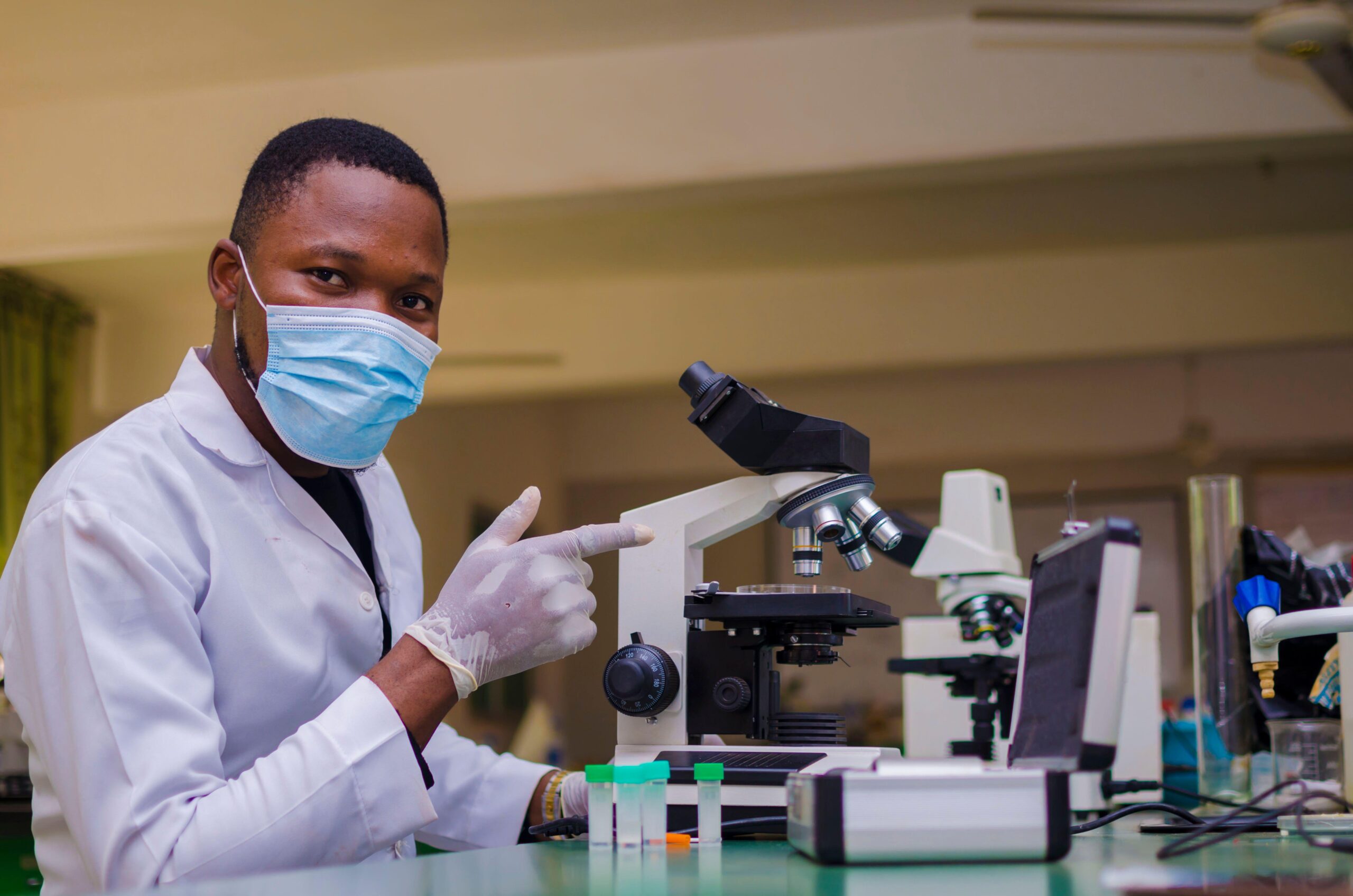Why should we care about supporting researchers from LMICs?
Research4Life was founded over 20 years ago by a group of just six publishers. In a 2021 Research4Life interview with one of the founders, Barbara Aronson, original Hinari Programme Manager at the WHO Library, she explains “At a consultation at WHO with health researchers from developing countries, they told us that ‘access to the priced literature’ was their number one information issue.”

Researcher obstacles in LMICs
Beyond access to academic research papers, for low- and – middle-income countries (LMIC), future and current researchers face obstacles ranging from lack of internet connection, to lack of basic needs such as food or healthcare. UNESCO tells us that “low-income economies have witnessed the fastest growth (+36%) in researcher density since 2014 but still account for only 0.2% of the world’s researchers.” There is also the phenomenon “brain drain” where educated people often leave LMICs, for better opportunities elsewhere. This map shows, in vivid detail, the ”extreme differences in rates of journal article publication in international journals between researchers situated at universities and research institutes in the Global North and South.”
For academic publishers and organizations that support LMICs, supporting researchers is an opportunity to support the United Nation’s Sustainable Development goals directly and indirectly, such as Good Health and Wellbeing (SDG3), Zero Hunger (SDG2), Clean Water and Sanitation (SGD6); Industry, Innovation and Infrastructure (SDG9) as well as Peace, Justice and Strong Institutions (SDG16). Programs such as Research4Life directly support SDG4: “Quality Education that is fundamental to creating a peaceful and prosperous world”, and through education, SDG5: “Gender Equity to achieve the empowerment of all women and children”.
The importance of inclusive research
But beyond it being ethical to support LMIC researchers, why is it a good idea? In a recent article, Janet Remmington, who leads up Taylor & Francis Africa, explains: “We need more inclusion of diverse researchers in order to optimize discoveries, insights, and solutions. Research cultures of sameness cannot penetrate the intractable problems of our age.” It makes sense for any research, whether it be undertaken about a certain place or population, be done by people who live in that place, or are part of that population.
Using only research, or researchers, from non LMICs ends up with what Daniel Riedpath and Pascale Allotey call “trickle-down” science, or “trickle-down” research. In their article “The problem of ‘trickle-down science’ from the Global North to the Global South” they explain: “The analogy in (“trickle-down”) science is that the way to improve science in the less developed parts of the world (the Global South) is to concentrate the intellectual gravitas, the resources and the opportunities into the Global North. The concentration will produce the best science which will trickle methods, theories, and insights down to the Global South.”
Empowering local research in the Global South
They continue: “‘Trickle-down science’ is therefore set to fail the Global South because it is: (1) often not fit for purpose; (2) designed to accrue the greatest intellectual benefit to the North and (3) supportive of subaltern science in the Global South.” In a nutshell, unless research is funded and done by researchers from LMICs, on topics that are relevant to LMICs, it will simply not be, as Riedpath and Allotey explain, “fit for purpose”.
These sentiments are echoed in Thornicroft G, Cooper S, Bortel TV et al. “Capacity building in global mental health research”. They write: (Locally led research is needed to) “propose culturally apt and cost-effective individual and collective interventions, to investigate their implementation, and to explore the obstacles that prevent recommended strategies from being implemented”.
The urgency for home grown science in the Global South
Riedpath and Allotey advise: “The Global South desperately needs good, well-funded science; it is facing an existential crisis in the demand and supply side of that science. There is an opportunity to engage more effectively with the growing, if disempowered, talent in the Global South to support the building of enabling environments to raise the leadership, quality and volume of home grown, contextually driven and sustainable solutions. There are some very preliminary models to support this, and waiting for trickle-down science to work will only exacerbate the crisis.”
Learn how Research4Life supports researchers in LMICs.
Read about the new Research4Life Equity Committee we’ve established, which intends to bring about a transformative change in the representation and participation of researchers from lower and middle income countries (LMICs).





